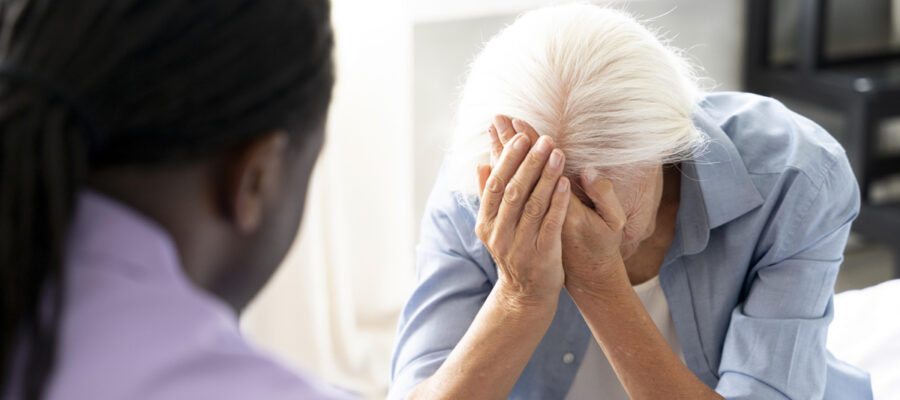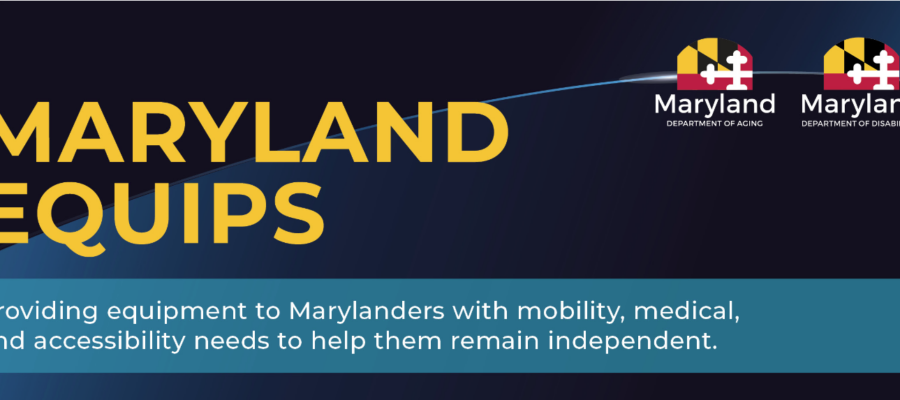One of the best ways to prepare for your loved one’s home health care is to be aware of signs and symptoms that will help determine if your loved one may need home care as they live with chronic diseases, recover from a sudden illness or surgery, or age. Things that used to be a part of their daily routine may become difficult to do as a result of physical limitation, cognitive impairment or simply because they’ve become too difficult to do them. Here are the top 7 signs your loved one might need home health care services.
Cognitive Impairment
One of the first signs that your loved one might be in need of home health care services is cognitive impairment. Are they forgetting to take their medication? Are they missing doctor’s or important appointments? Are they struggling to remember important dates or times? Memory loss is becoming more common among older adults, but it can also be a sign of a more serious medical condition like Alzheimer’s disease or other forms of dementia.
Have your loved ones also begun to wander or get lost? Signs to watch out for include: coming home late from a normal walk or drive, forgetting how to get to places they know, talking about things they used to do, like going to work while they are not working, trying to get home even when they’re at home, being restless, pacing, or making repetitive movements.
Behavioral Changes
Behavioral changes in a loved one can indicate a need for home health care services when they display difficulties in managing their daily activities, demonstrating confusion or forgetfulness, become increasingly agitated or withdrawn, or exhibit changes in mood or personality. These shifts may signal underlying health issues that require professional assessment and support, prompting the consideration of home health care services to ensure their safety, well-being, and quality of life.
Poor Personal Hygiene
If your loved one is always meticulous about his or her appearance, it can be hard to tell if he or she is in need of home care. However, if you notice your loved one’s grooming habits deteriorating, it’s a sign that he or she may be in need of care at home.
Dirty and unkempt hair, teeth that aren’t brushed, dirty laundry, bad body odor, dirty hands, and dirty nails are just a few of the signs that your loved one is in need of personal care.
If you’ve noticed your loved one is becoming too difficult to care for on their own, it may be time to consider home care services.
Unkempt Home
People have different standards for how clean their homes should be, but when those standards drop significantly, it’s a cause for concern. More clutter than usual, piles of newspapers, dirty dishes, dirty laundry, and dirty surfaces mean your loved one is having trouble managing their day-to-day tasks.
Professional assistance may be necessary to help maintain a healthy and safe living environment, ensuring your loved one’s comfort and well-being while allowing them to remain at home.
Illness or Post-surgery Recovery
When your loved one is recovering from some illness or surgery, they may struggle with basic daily tasks like bathing, they are dealing with pain or discomfort, and they may have trouble moving around safely. Some will be confused or forgetful indicating the need for medication reminders. Other signs that they need home care services include the need for wound care, medication administration, transportation to follow-up doctor’s appointments, assistance with meal preparation, and unkempt home. Home health care services will help improve the overall well-being of your loved one and reduce hospital readmission.
Isolation & Withdrawal
Social interaction with loved ones has been proven to improve mental and physical health. It can also help reduce feelings of loneliness, improve memory and cognitive function, and improve one’s quality of life.
If your loved one is irritable or their sleep pattern drastically changes for no apparent reason, it could be a sign that something is wrong. Major changes in emotions and social behavior can be a sign of depression, loneliness or other health issues. A professional caregiver offers support and as a trusted companion, the caregiver offers help to balance your loved one’s day-to-day life.
Unstable Gait
Body weakness, poor eyesight, imbalance, medication’s side-effects, vitamin D deficiency, and household hazards can all contribute to falls, injuries, and increased emergency room visits. Many older adults are hospitalized each year as a result of falling, causing hip fractures or head injuries.
How we provide this care
The signs listed above can be a good indication that your loved one needs help. Many of these symptoms can be improved with additional help at home that can be provided by family and friends. However, providing care can often be challenging for family members and friends who often have other responsibilities and difficulties to deal with as well.
Here is where Marcie Home health Care can offer that much needed help. We help our clients live independently, improve quality of life, and minimize hospitalization all in the comfort of their homes. We understand that every client has their unique needs, so we tailor our services to meet the specific needs of each client. The services we offer include personal care, medication management, companionship, homemaker services and respite care. We customize our service to meet your needs ranging from one service like bi-weekly homemaker service to full package 24/7. Our professional caregivers provide short-term and long-term care.
For more information call 240 470 7047 or email info@marciecare.com



